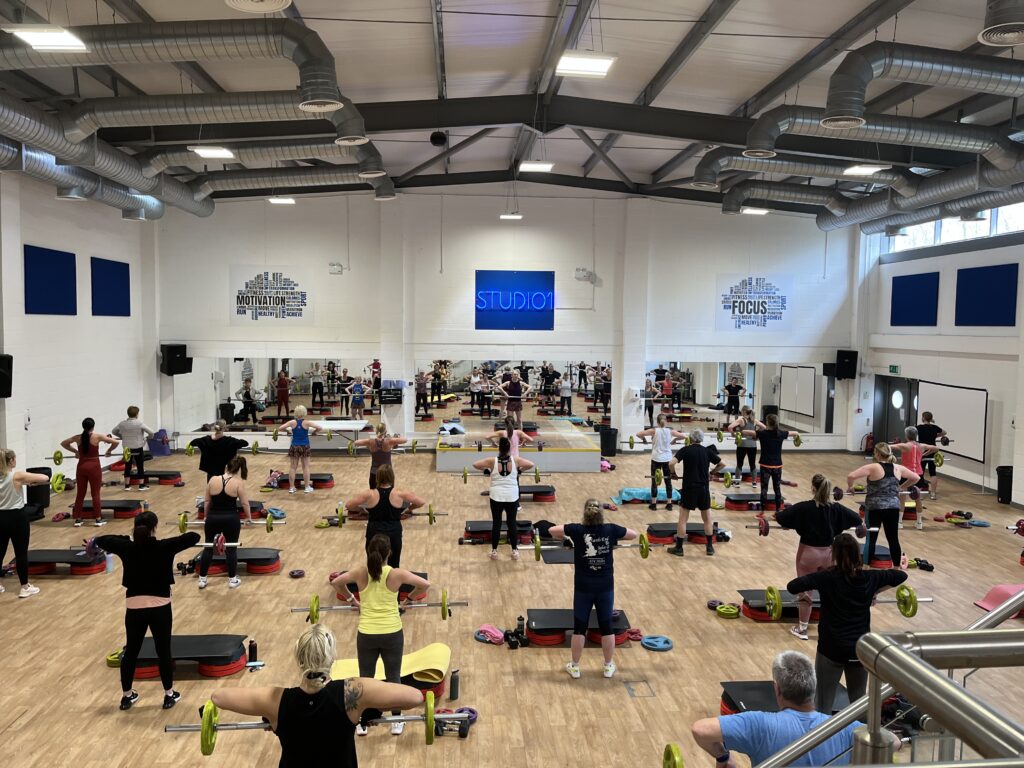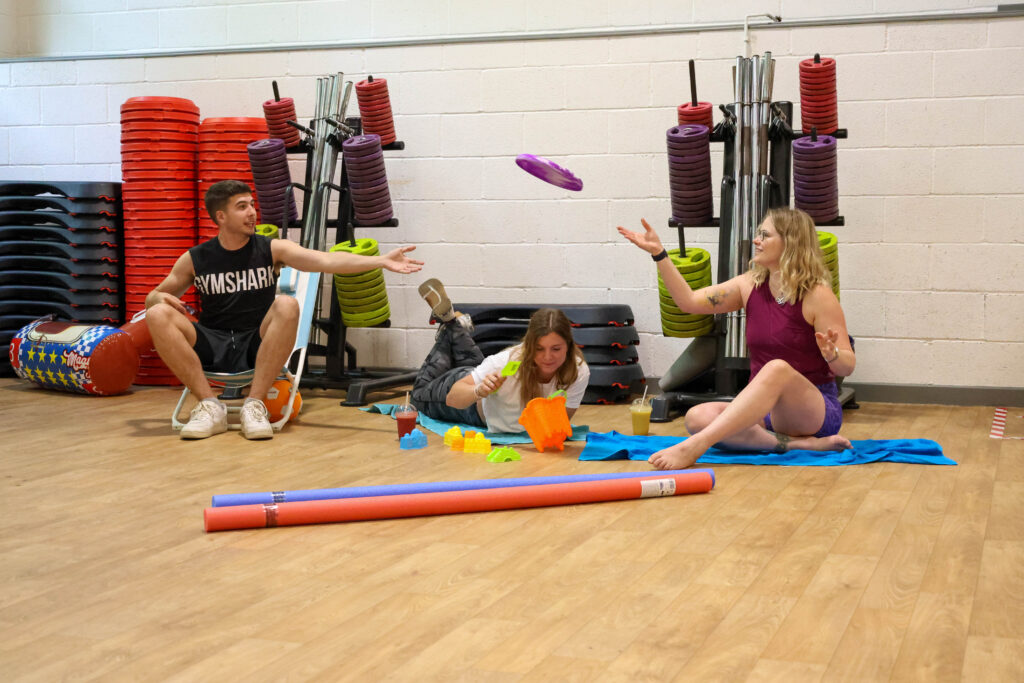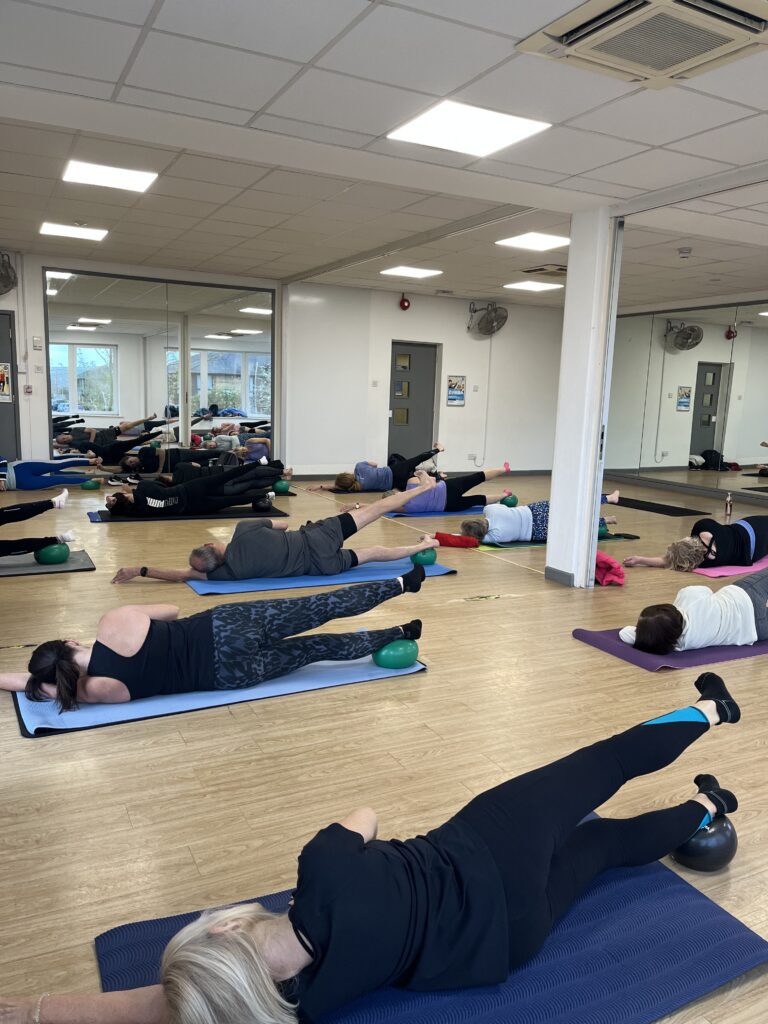Mental Health Awareness Week: How You Can Use Exercise to Look After Your Mental Health
This week is Mental Health Awareness Week and this year’s theme is ‘moving for mental health’. So we want to celebrate the ways you can use exercise to look after your mental health. Physical activity has a profound impact on our mental wellbeing, offering a natural and effective way to reduce stress, boost mood, and improve overall quality of life. In this blog post, we’ll explore ways you can harness the power of movement to support your mental health and cultivate a healthier, happier mind.

Embrace the Great Outdoors
Whether it’s going for a hike in the mountains, strolling along the beach, or simply sitting in a park, connecting with the natural world can have a profound effect on our mental wellbeing. Research has shown that spending time outdoors can reduce stress, improve mood, and enhance feelings of relaxation and wellbeing. So lace up your hiking boots and head outside – your mind will thank you for it!
Practice Mindful Movement
Mindfulness is the practice of being fully present in the moment, without judgment or distraction. When applied to movement, mindfulness can help us connect more deeply with our bodies and the sensations of movement. Whether it’s practicing yoga, tai chi, or simply going for a mindful walk, incorporating mindfulness into your movement practice can help reduce stress, increase self awareness, and promote a greater sense of calm and inner peace.
Connect with Others Through Movement
Exercise doesn’t have to be a solo activity – in fact, it’s often more fun when done with others. Whether it’s joining a sports team, taking a group fitness class, or going for a walk with a friend, exercising with others can provide social support, motivation, and a sense of camaraderie. Plus, connecting with others through movement can strengthen relationships, build community, and enhance overall wellbeing.

How Does Exercise Improve Mental Health
- Chemical Balance: When we engage in physical activity, our bodies release a flood of neurotransmitters and hormones that have a direct impact on our mood and mental state. Endorphins, often referred to as “feel good” chemicals, are released during exercise, leading to feelings of euphoria and happiness.
- Stress Reduction: Exercise helps to reduce levels of the body’s stress hormones, such as cortisol and adrenaline, while promoting relaxation and a sense of calm.
- Brain Health: Regular exercise has been shown to increase blood flow to the brain, promote the growth of new brain cells, and enhance cognitive function. In fact, research has found that individuals who exercise regularly experience improvements in memory, attention, and executive function.
- Emotional Regulation: Whether you’re feeling angry, anxious, or sad, physical activity can help you channel those emotions in a productive way. By focusing on the physical sensations of movement, you can release pent up energy and tension, leading to a greater sense of emotional balance and wellbeing
- Social Connection: Whether it’s joining a sports team, taking a group fitness class, or going for a walk with a friend. These social connections are essential for our mental health, providing support, companionship, and a sense of belonging.

While traditional approaches like therapy and medication play crucial roles in managing mental health conditions, there’s another powerful tool that often gets overlooked: movement. Physical activity not only strengthens our bodies but also has a profound impact on our mental wellbeing.
Back To News



